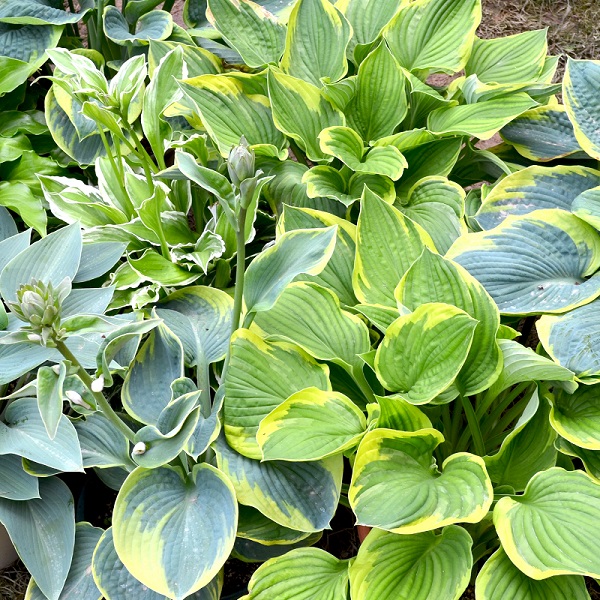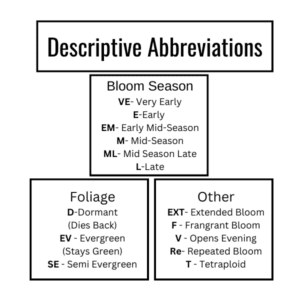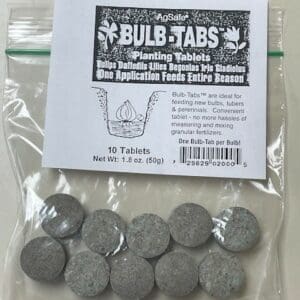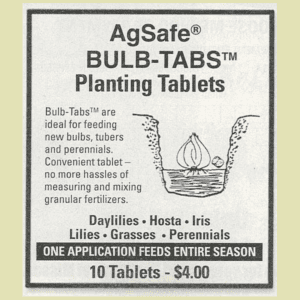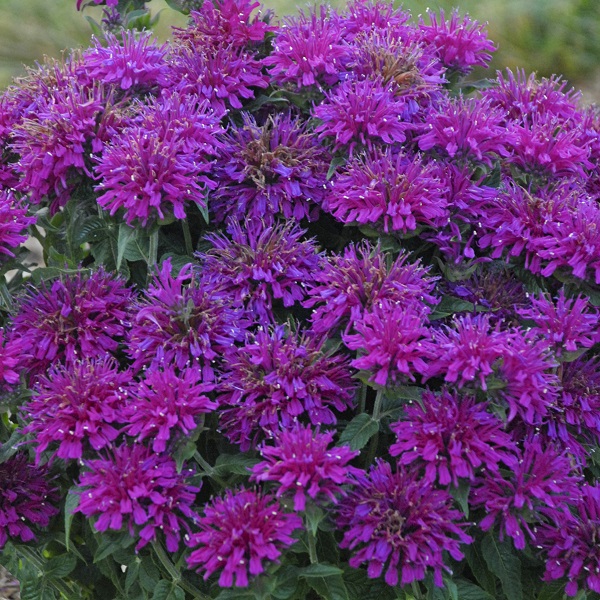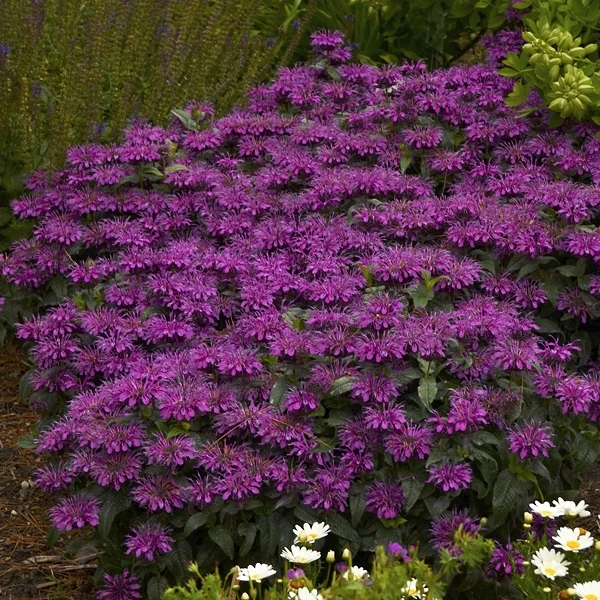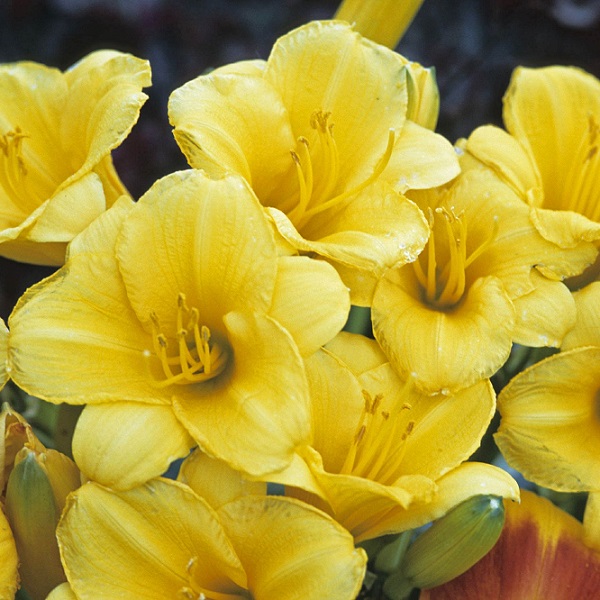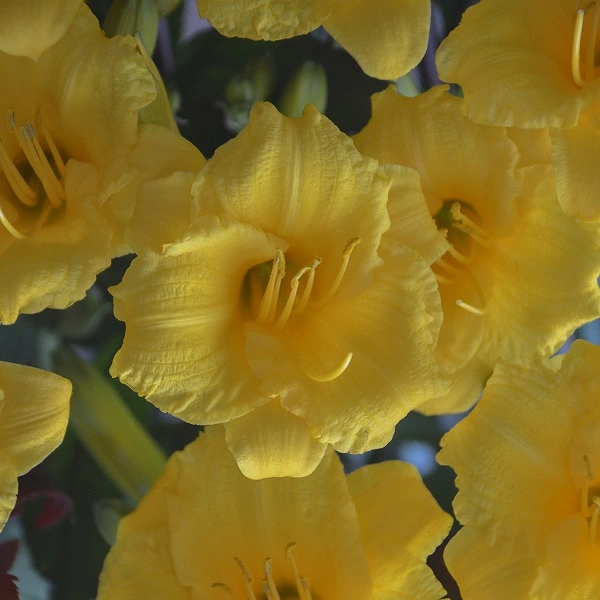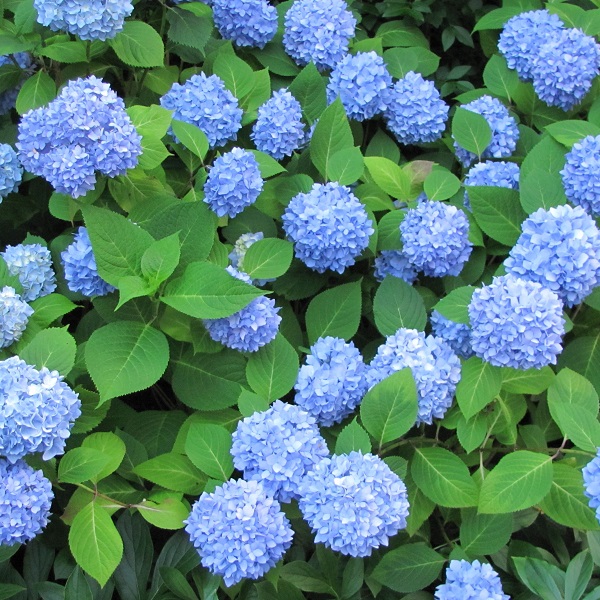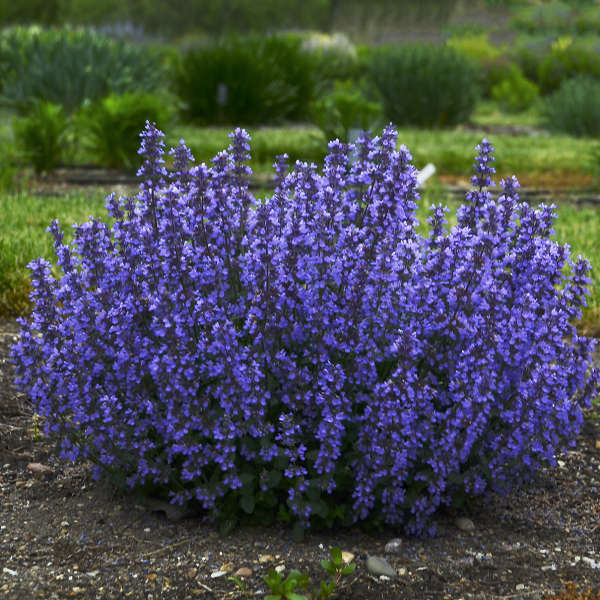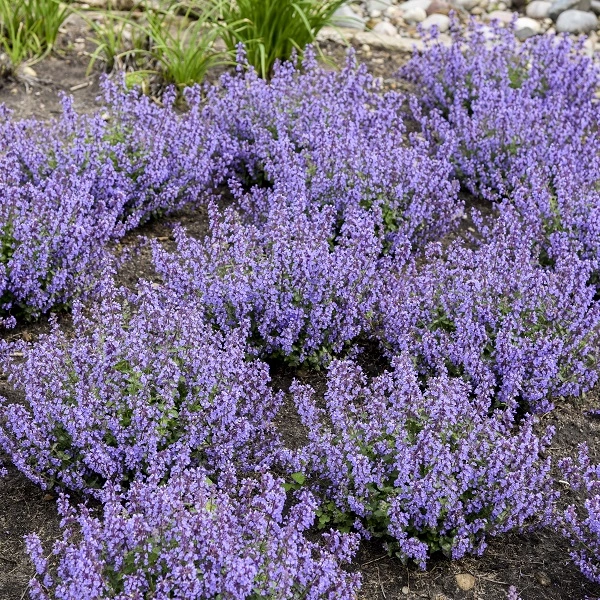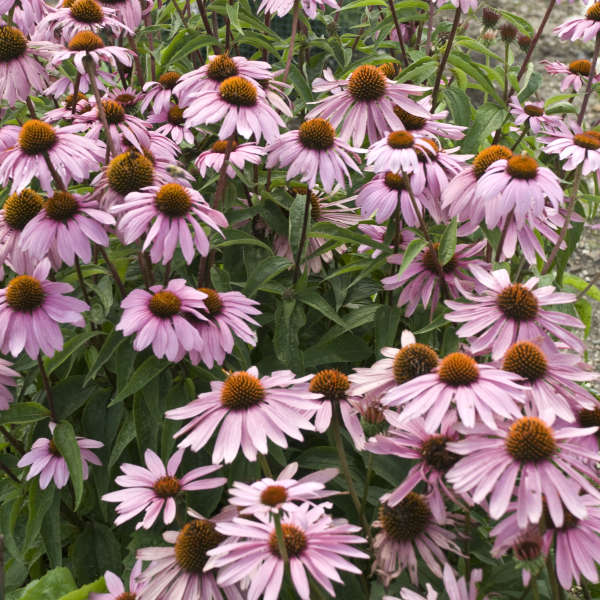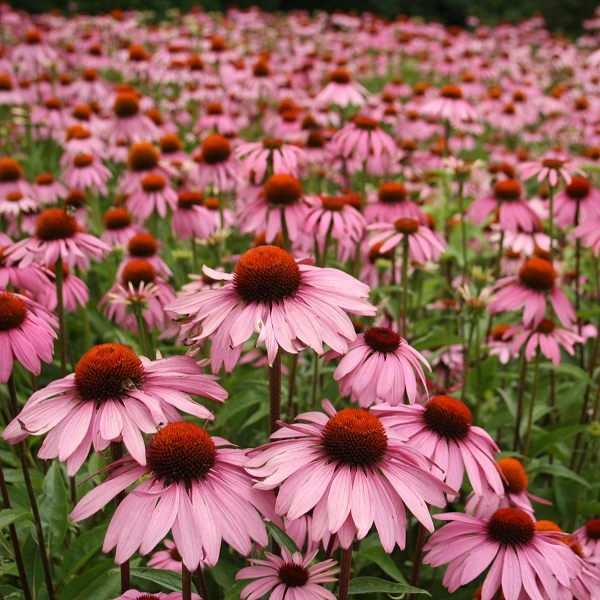From Our Fields to Your Gardens
Celebrating Over a Century of Superior Plant Varieties and Unmatched Value
Elevate Your Garden
Discover This Season's Must-Have Plants
- Featured
- all
“When it comes to finding the best plants for my garden, Gilbert H. Wild is my trusted go-to source. Their commitment to quality and expertise is unmatched, helping me bring my garden visions to life.”

P. Allen Smith
preservationist, Garden Design, Tv Host
Gilbert H. Wild Mail Order Catalog
Request your free Gilbert H. Wild plant catalog
Subscribe to our newsletter
Sign up to receive expert gardening tips, exclusive email deals, and much more.
USDA ZONE MAP
Find the best planting times and species for your region.
Locally Grown & Distrubuted
We cultivate plants across more than 100 acres of fertile Missouri soil and have evolved into one of the world's foremost producers of daylilies, iris, and peonies. Our deep commitment to our plants is evident in the countless hours we invest in their care within the nutrient-rich soil of the Ozark Mountains, a source of great pride for us.

